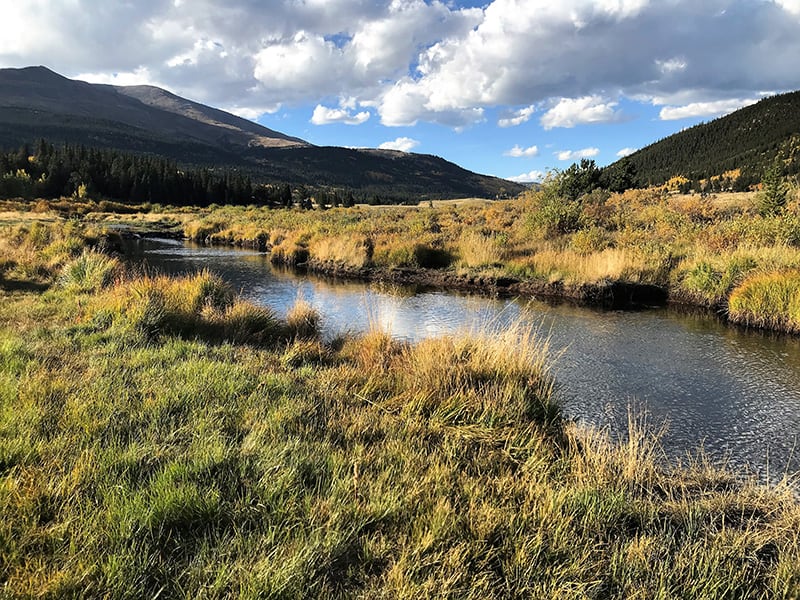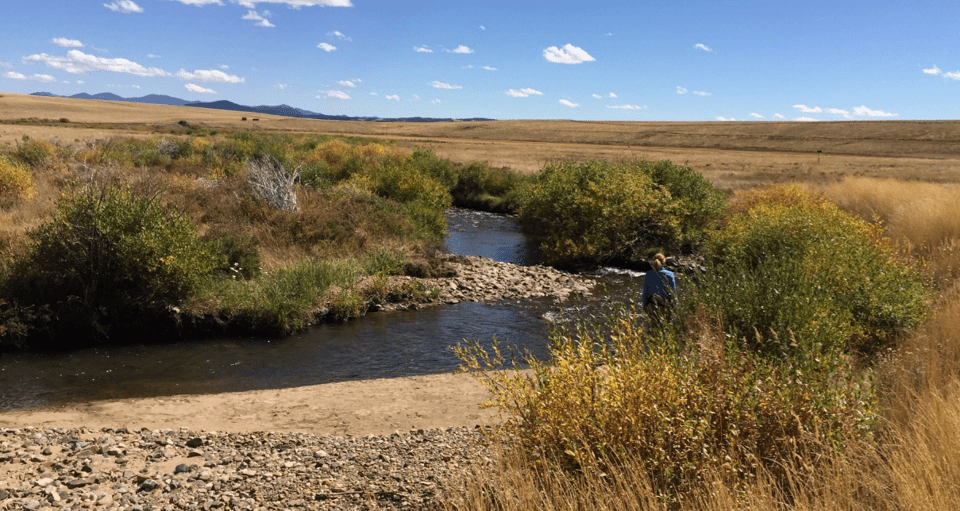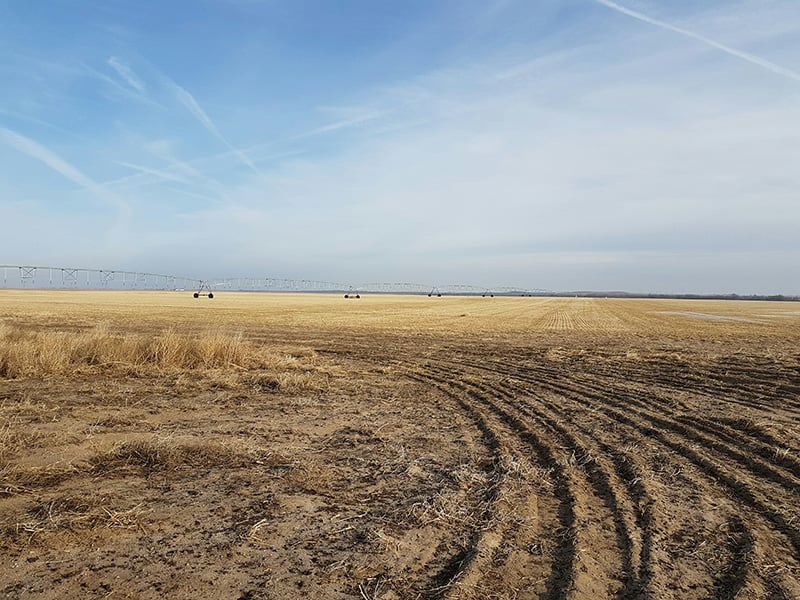Alternative Transfer Mechanisms
Water sharing to prevent “buy and dry”
The South Platte River begins high in the Mosquito Range west of South Park and flows through the Denver Metro area, suppling critical irrigation water on its path to Nebraska. The South Platte basin is home to the state’s fastest growing cities (which together account for over half of the state’s economic activity) as well as seven of the top ten agricultural producing counties. The South Platte basin is also home to the most-visited state parks and the eastern half of Rocky Mountain National Park, and supports critical habitat for hundreds of thousands of waterfowl each year as it travels through the northeastern plains, a key part of the central flyway for migration.
The most significant challenge for this basin will be how to address the increasing needs of rapidly expanding cities, while balancing the intertwined agricultural and environmental values of our state, which are supported by water use. Farms in this basin are facing ever increasing pressure from cities seeking out agricultural properties with water rights for conversion to municipal and industrial uses. This practice of “buying and drying” farms has consumed thousands of acres of farmland in the last 30 years, leaving barren and unproductive land with far reaching ramifications for soil erosion, water recharge into ecosystems, wildlife habitat, local agricultural economies and food security. The Colorado Water Plan estimates that for the state to meet its anticipated population growth, the South Platte Basin will lose about 1/3 of its irrigated farmland.
Colorado Open Lands believes that the best outcome for the state will be to figure out how to most effectively share water. Rather than competing with cities and forcing farmers to choose between selling water for a premium or continuing to farm, COL is demonstrating a third path. COL created a guide, Sharing Water to Save the Farm, which provides a mechanism to ensure that water rights can never be permanently separated from the land, but allows for temporary leasing of water, whether for municipal or environmental uses.
COL recently conserved a 400-acre farm in Weld County, near the mainstem of the South Platte River. This conservation easement ensures that farming can continue to occur and that the farm will continue to provide critical waterfowl forage, but it also allows the farmer to lease his water up to three years in a decade. COL worked with the Natural Resources Conservation Service (NRCS), who was interested in conserving the excellent soils on the farm. This project set a national precedent for NRCS to fund a conservation easement with this flexible language, which conserves important qualities of the farm, but also allows a city to lease, rather than buy, some of the water it needs, keeping land farmed when that water is not needed. By working creatively and in collaboration with the water community, Colorado Open Lands is paving the way for win-win solutions.



